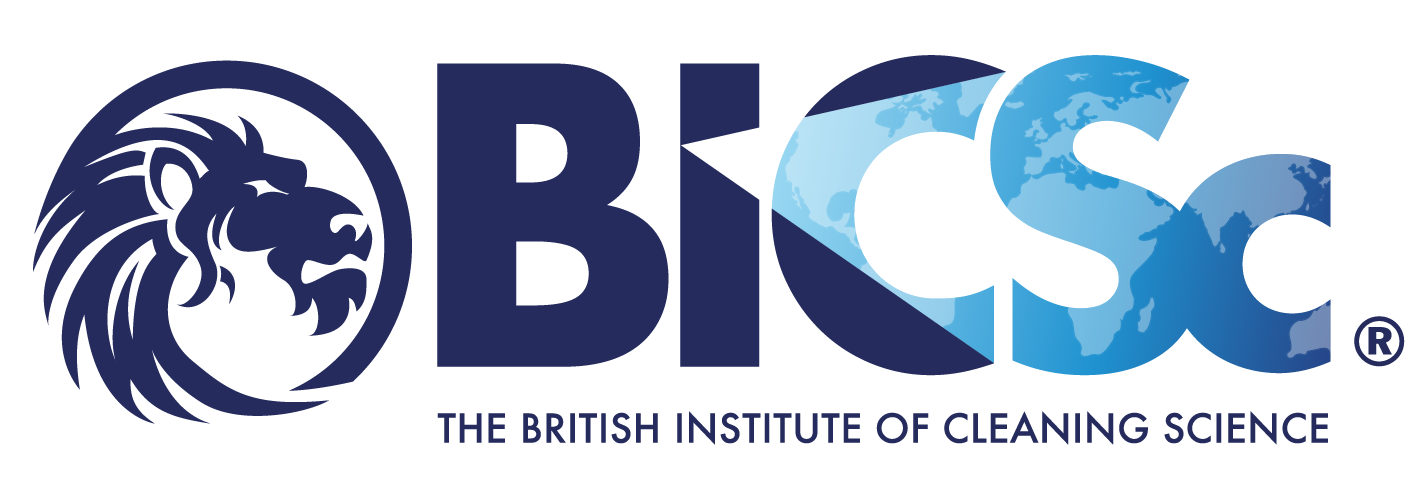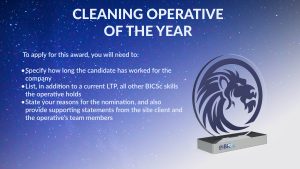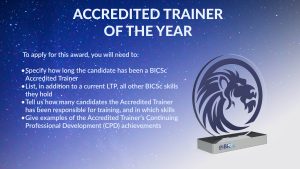
Find out more about the Robotic Evolution in Cleaning
with Softbank Robotics
EXECUTIVE SUMMARY
STEFANO BENSI, GENERAL MANAGER, SOFTBANK ROBOTICS EMEA
The first six months of 2020 have challenged the global economy at a scale not seen in almost 100 years and the Great Depression of the 1930s.
It is impossible to predict exactly how deep and how long-lasting the economic impact of the COVID-19 pandemic will be, never mind the social and cultural impact.
Without doubt, the business world will change significantly as a result. New ways of working, servicing customers and managing supply chains will alter many industries
for good. In many cases, organisations have moved from ‘digital-first’ to ‘digital- only’ operations almost overnight. Digital transformation and operational change programmes that would usually take years to implement have been rushed through in a matter of days.
More than anything perhaps, the COVID-19 pandemic has highlighted the importance
of business resilience and agility across all operations. Those businesses that have managed to weather the storm (and in some instances meet heightened consumer demand) have been those with the processes, technologies and skills to adapt to a dynamic and rapidly changing environment.
It is therefore extremely timely that this research paper looks at the potential
for cobotics (the collaboration between people and machines or robots) to drive performance, productivity and agility within the facility management industry. The research was carried out right at the beginning of the COVID-19 pandemic in Europe, just as business leaders were recognising the scale of the challenge ahead.
The research finds that leaders within the facility management sector recognise the potential for cobotics to improve overall performance within their operations and deliver commercial efficiencies. Interestingly, it also reveals the extent to which FM leaders are aware of the need to re-invent their resourcing and commercial models going forward, to take advantage of the relative strengths of both people and machines by forging a hybrid workforce.
Indeed, one of the biggest lessons of 2020 for organisations across all sectors is that so many business continuity or disaster recovery plans fail when they are completely reliant on having access to people on site. COVID-19 has exposed the vulnerability of businesses
to the needs of people. Where staff have been unable to travel to a workplace or where significant numbers of workers have been off sick or required to self-isolate, resourcing has been a huge challenge.
This is particularly true within facility management where staff attrition and absenteeism has always been high. Activities such as cleaning will always be heavily reliant on the skills and commitment of people but by deploying cobots within a cleaning team to take on the repetitive and time-consuming tasks such as vacuuming, businesses can minimise their exposure to risk.
Our Mission
The British Institute of Cleaning Science is the largest independent, professional and educational body within the cleaning industry with over 40,000 Individual and Corporate Members in the UK and Internationally.
To raise the standards of education and to build awareness of the cleaning industry through professional standards and accredited training, thereby;
- Protecting the Operative
- Providing a Clean and Safe Environment
- Preserving Assets
- Promoting Sustainability
- Producing Best Practice
Contact Us
9 Premier Court
Boarden Close
Moulton Park
Northampton
NN3 6LF
Email: [email protected]
Tel: +44 (0)1604 678710
© BICSc 2020
Policy Documents | The British Institute of Cleaning Science
All Rights Reserved | Company Reg 1524014













